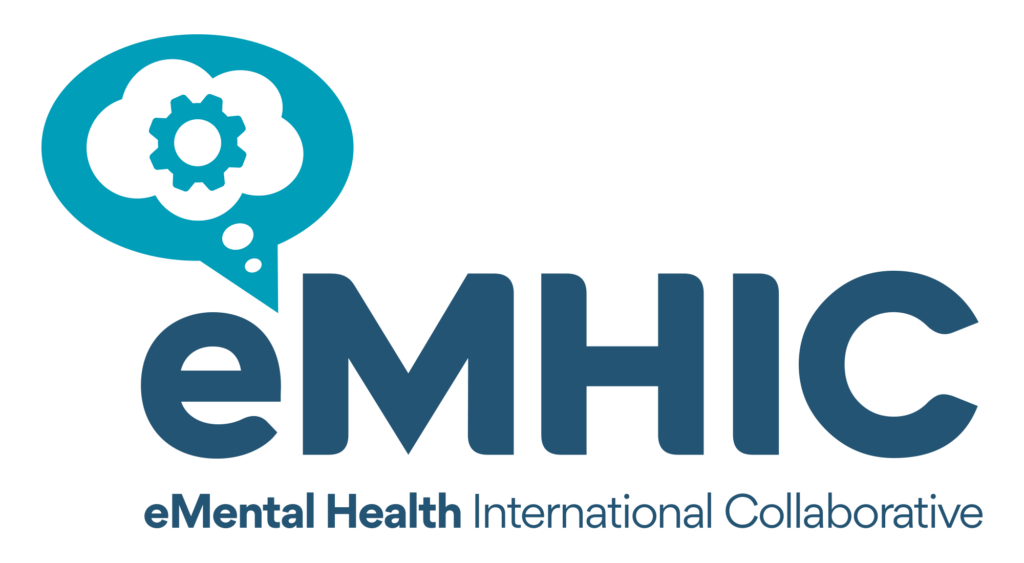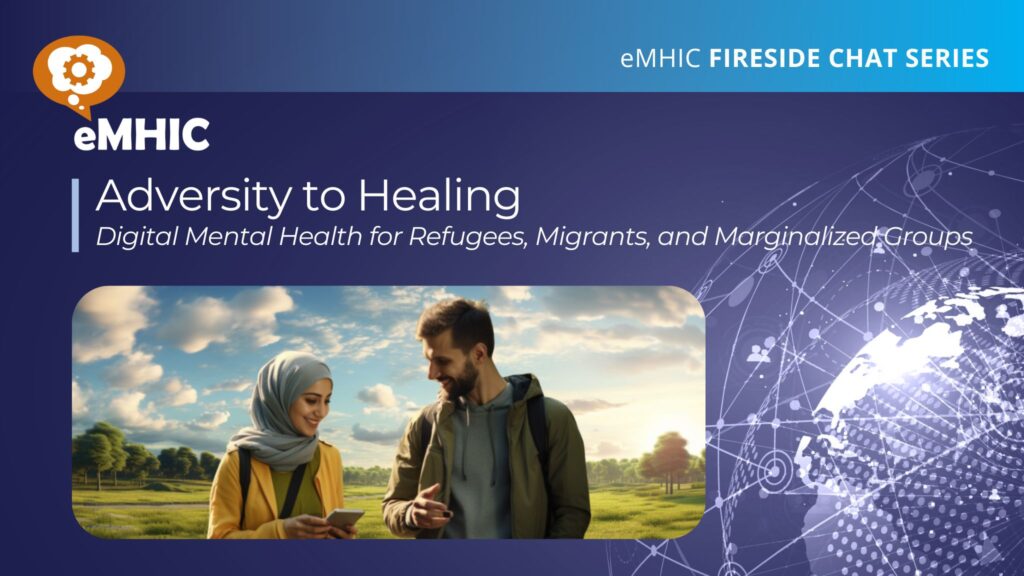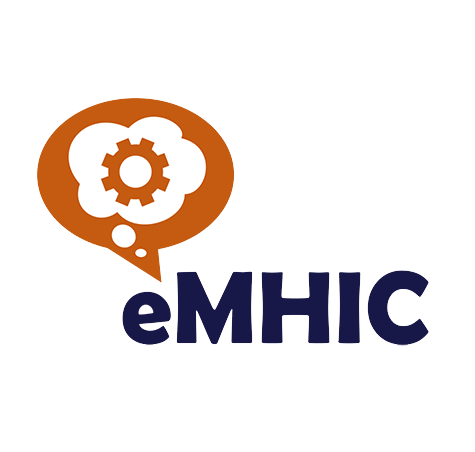The world has more people fleeing war, violence, and persecution than ever before, and mental health problems of those fleeing is extensive. Tragically, research highlights the heartbreaking reality – language barriers, stigma, limited access to effective tools and aggravating circumstances within the healthcare system hinder their journey to healing. In Sweden, statistics reveal that one in three newly arrived refugees from Syria bear the heavy burden of anxiety, depression, or PTSD. Unaccompanied refugees from Afghanistan face a tenfold increased risk of suicide. The urgency to address this crisis cannot be overstated.
With scarce resources to co-develop tailored solutions for their needs, refugees and migrants are at grave risk of becoming a forgotten and marginalized group in both private and public health care. If refugees are offered inferior alternatives or are excluded from efforts to treat and prevent mental health problems, further exclusion and integration hurdles loom.
In this webinar, passionate and dedicated experts from Sweden discuss how to address the urgent situation and ensure vital digital mental health supports reach refugees, migrants, and marginalized groups.
Key discussion points
- What are the main issues faced by migrants, refugees and other marginalized groups in Sweden when it comes to accessing support for mental health problems?
- What is the SAHA-project and how is it helping to develop and evaluate digital interventions to assess and treat refugees and migrants who speak Arabic or Dari/Farsi?
- How can recent research around digital tools such as culturally-adapted ICBT (internet-based cognitive behavioral therapy) be disseminated into regular care and what obstacles exist for this to become a reality?
- What are some barriers to care when it comes to recruitment, adherence and treatment effects for this target group?
- How can these barriers be overcome so that refugees and migrants can access the culturally appropriate support they need to heal and achieve positive integration into their new environment?
Expert Speakers:
- Kristofer Vernmark (MSc, PhD): MC, Researcher at Linköping University & Founder of the Network for Digital Psychologists in Sweden
- Mohammad Ali Amiri: PhD Candidate at Linköping University in Sweden
Youstina Demetry: Psychologist and PhD Candidate at the Department of Clinical Neuroscience at Karolinska Institute, Sweden
- Anna Bjärtå, PhD: Researcher at Mid Sweden University, Research leader of the AMIR-group (Assessment of Mental Health and Intervention for Refugees)
For further reading, please see expert speaker Anna Bjarta’s informative presentation here >>




